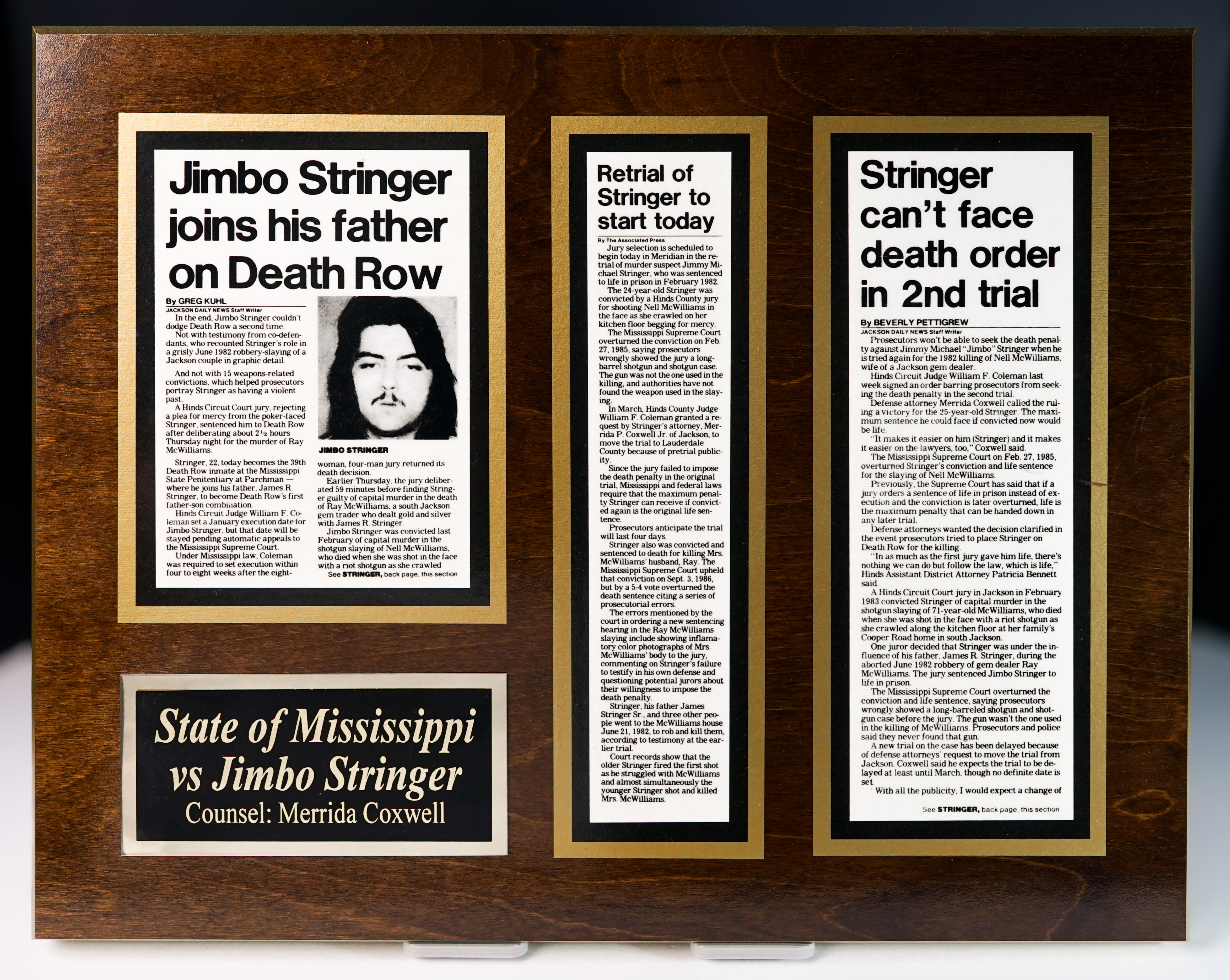The city moved away from its agricultural roots, toward tourism, offering a beautiful beach and high-rise condominiums. Long Beach has the longest concrete seawall in the world, which was completed in 1928, however, 19 days following the city’s centennial, Hurricane Katrina struck the city, destroying almost all the buildings within 1600 ft. of the shoreline. Many Long Beach residents were left homeless or living in wind and water-damaged homes. Long Beach has the same rich history as other Coastal communities with the distinction of being a residential college town. Long Beach and Pass Christian share Cat Island, a barrier island with historical significance. The Friendship Oak is located at the University of Southern Mississippi on Highway 90. The Oak, surrounded by a raised platform, dates back to 1487, with branches reaching out more than 100 feet.
As of the 2010 census, the city had a population of nearly 15,000. Visitors to Long Beach might consider chartering the Impulsive—one of the most “recognized, reputable, well-known charter fishing services on the Mississippi.” After 24 years of being a full-time charter guide, Captain Scott prides himself on providing excellent service to every client, helping them land the fish and make memories which will last a lifetime. Today, Long Beach continues its recovery from Hurricane Katrina. There has yet to be a pre-Katrina return to business due to the economic downturn and building codes established by the Federal Emergency Management Agency. One of the notable residents of Long Beach is Richie Brown, an NFL player.
Long Beach Municipal Court
The Long Beach Municipal Courthouse is located at 201 Jeff Davis Avenue, Long Beach, Mississippi. The court handles misdemeanor crimes, traffic offenses, and city ordinance violations. Court is held once per week. The judge for the Long Beach Municipal Court is Judge Bradley W. Rath. The Municipal Court Judge Pro Tem is Richard J. Smith. Emma Ward is the Municipal Court Clerk, and Donna Stephenson, Jill Scafide and Donna Gaddy are Deputy Court Clerks. When court is scheduled on a Friday, the session will begin at 9:00 a.m., and when scheduled on a Wednesday, the session will begin at 4:00 p.m. Appropriate attire is required in the courtroom; shirts and shoes must be worn, and no bare-midriff tops, shorts, cutoffs, halter tops, tank tops, undershirts, see-through blouses, bathing suits, lingerie, hats, or sunglasses are allowed. No food or drinks are allowed in the courtroom, and all cell phones or other electronic devices must be turned off before entering the courtroom.
Felonies and Misdemeanors
Misdemeanors and felonies are both criminal offenses, although misdemeanor offenses are less serious than felony offenses. A misdemeanor criminal offense conviction can result in up to one year in jail and a fine as large as $1,000. If you are convicted of a misdemeanor offense in Long Beach, you will spend the jail time in a city or county jail, not the Mississippi State Penitentiary. A misdemeanor offense begins when a police officer writes a ticket or signs an affidavit, swearing he or she witnessed the person committing a crime. A felony criminal offense is much more serious; a felony offense is often a violent crime (but not always). A conviction for a felony offense can result in time in the Mississippi State Penitentiary. The sentence can be from one year up to life in prison unless the offense is a capital offense, in which case the sentence can be the death penalty.
Mississippi does not divide felony and misdemeanor offenses into sub-categories (such as first-degree, second-degree, and third-degree). In the state of Mississippi, offenses are listed individually, along with the penalty for the offense. In addition to the criminal penalties you could face if convicted for a felony offense, a conviction could have a major impact on your future job prospects. With a felony conviction on your criminal record, you could also find it difficult to obtain a professional license or a federal student loan. You might also find it challenging to rent an apartment, own a gun, or even vote. Having a felony criminal offense conviction on your record is extremely serious. Because of this, you must contact an experienced Mississippi criminal defense attorney early on in the process, to avoid as many negative consequences as possible.
Some of the more common felony offenses—along with the penalties—include:
- Computer fraud (when the damage or loss is $500 or more—a fine as large as $10,000 and/or up to 5 years in prison)
- Robbery (up to 15 years in prison)
- Murder (up to life in prison)
- Embezzlement (over $500, a fine up to $25,000 and up to 10 years in prison, embezzlement of public funds or trust property, fines up to $5,000 and a prison sentence of up to 10 years)
- Domestic Violence (up to $500 in fines and up to six months in jail)
- Sexual battery (up to 30 years in prison and/or $10,000 in fines)
- Possession of a Class V drug (50-150 grams—one to four years in prison and up to $10,000 in fines, depending on the substance and the amount
- Grand larceny (up to 10 years in prison and/or fines up to $10,000)
- Some repeat offenses, such as a third conviction for shoplifting or a third DUI conviction
- Kidnapping (up to 30 years in prison)













